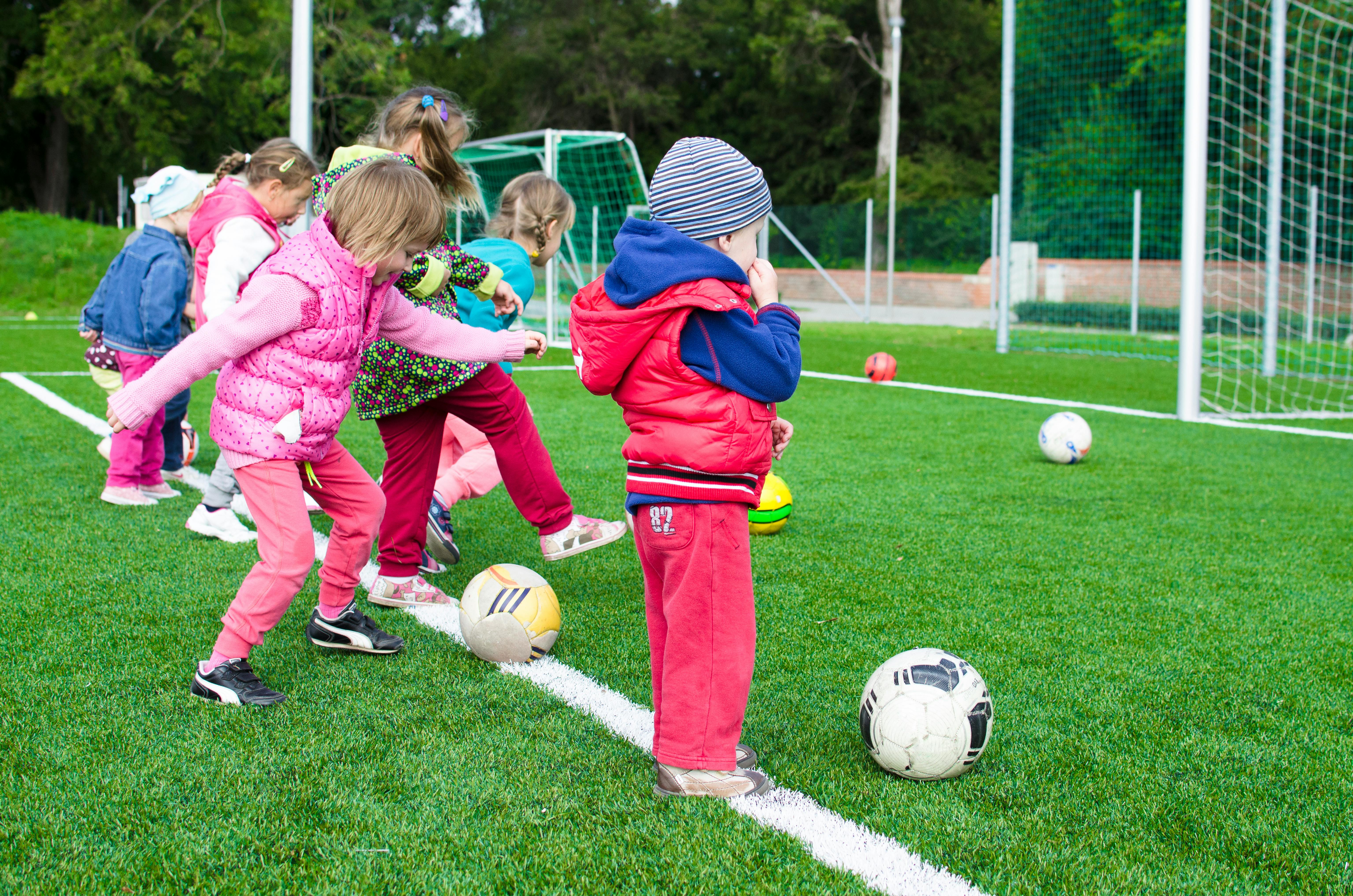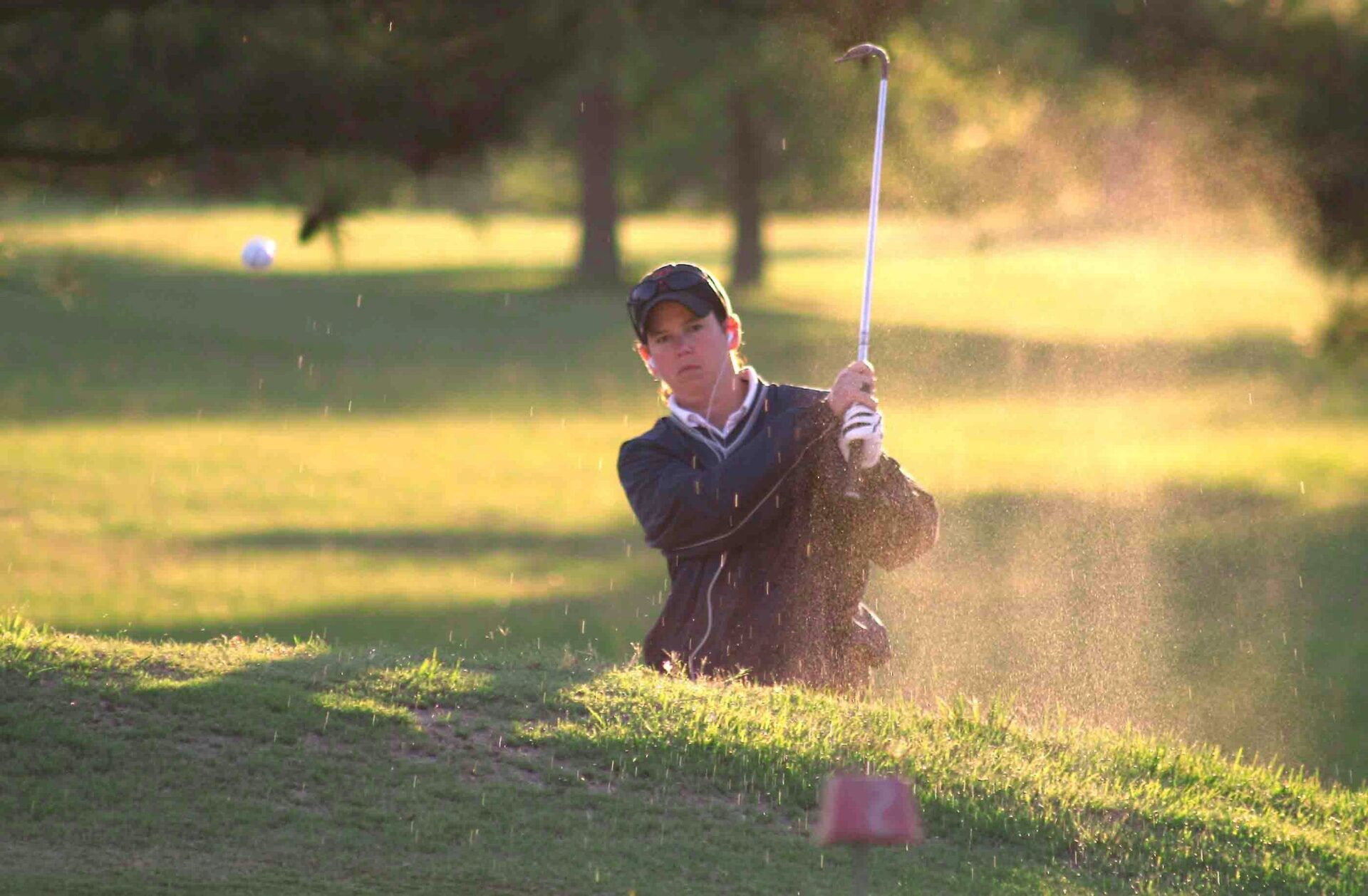Getting kicked in the balls is a painful experience that most men can recall. But does it have any long-term effects on sperm production or fertility? The answer is complicated and not yet fully understood. This article will examine the evidence available to see if getting kicked in the balls can affect sperm production and fertility. It will also discuss ways to protect against any potential damage to the testicles.Yes, getting kicked in the balls can affect sperm count. The impact of the kick can cause bruising or even rupture of the testicles, which can damage tissues and reduce sperm production. Additionally, trauma to the testicles can cause hormonal changes that can also reduce sperm production.
The Effects of Trauma to Male Reproductive System
Trauma to the male reproductive system can have a range of effects, ranging from temporary discomfort to permanent damage. In some cases, trauma may even lead to infertility in men. Trauma to the testicles, for example, can cause bruising and swelling that can lead to changes in sperm production. Trauma to the penis or prostate can cause scarring or tissue damage that can reduce fertility and lead to long-term complications. In addition, traumatic events such as sexual assault or abuse can have a significant psychological impact on a man’s reproductive health.
Traumatic events can also result in changes in hormone levels and other physiological responses that can affect fertility. Stress hormones, for example, can interfere with sperm production and may lead to decreased libido. Other hormones, such as prolactin and testosterone, may also be affected by trauma. Changes in hormone levels caused by traumatic events may also interfere with other aspects of male reproductive health, including sperm count and motility.
In some cases, trauma to the male reproductive system may be accompanied by physical symptoms such as pain or swelling in the testicles or penis. These symptoms should be evaluated by a doctor as soon as possible so that any potential long-term damage can be addressed before it becomes more serious. Treatment for trauma-related conditions will vary depending on the type of injury and its severity but typically includes rest, medications, physical therapy, and possibly surgery.
In conclusion, trauma to the male reproductive system has the potential to cause both short-term and long-term effects. It is important for men who have experienced any kind of trauma related to their reproductive health to seek medical attention so that they receive appropriate treatment and support.
Testicle Injury and Long Term Effects on Sperm
Testicle injury can have long-term effects on sperm. Injury to the testicles can result in reduced sperm production, and in some cases, infertility. Testicle injury can cause damage to the testicular tissue, which may lead to scarring and cell death. This can reduce the amount of sperm produced, leading to a decrease in fertility. Additionally, testicle injury may also lead to a decrease in testosterone production, which can further reduce fertility.
In addition to decreased testosterone production, testicular injury may also cause other hormonal imbalances that can affect fertility. A decrease in luteinizing hormone (LH) or follicle stimulating hormone (FSH) levels could lead to lower production of healthy sperm. Additionally, a decrease in the amount of seminal fluid produced by the body could result in fewer viable sperm being transported through the reproductive tract.
When it comes to long-term effects of testicular injury on fertility, there are several factors that need to be considered. These include age at time of injury, severity of trauma or infection, as well as any underlying medical conditions that may be present. For example, if an individual is older at the time of injury or trauma, their chances of recovering full fertility are lower than someone who experiences an injury when they are younger. Additionally, if the trauma is severe or has resulted in infection or inflammation of the testes then this can further affect fertility outcomes.
Testicular injuries are often treated with surgery and/or medications depending on their severity and underlying causes. If surgery is necessary then this will typically involve repairing any physical damage caused by the trauma or infection as well as restoring blood flow to the affected area in order to promote healing and prevent future problems with fertility. Medications such as antibiotics may be prescribed if there is an underlying infection present while hormones such as testosterone replacement therapy may be recommended for those with hormonal imbalances causing infertility issues.
It is important for individuals who have experienced a testicular injury or trauma to discuss their concerns with a healthcare provider so that they can receive an appropriate diagnosis and treatment plan if needed. In some cases it may take several months for full recovery from a testicular injury so patience is key during this time period while waiting for any potential changes in sperm production or quality due to long-term effects on fertility.
Ultimately it is important to remember that although serious testicular injuries can have long-term effects on fertility outcomes they do not necessarily mean infertility for all individuals who experience them; many men go on to father children naturally even after significant traumas or infections affecting their reproductive system.
How Painful Is Getting Kicked In The Balls?
Getting kicked in the balls is one of the most painful experiences that a person can endure. It can cause intense physical pain, nausea, vomiting, and even temporary loss of consciousness. The pain is so severe that some men have reported passing out after being kicked in the testicles. Although it is not fatal, the intense pain and discomfort can be debilitating for a few days or weeks afterwards.
The pain of getting kicked in the balls is caused by two factors: direct trauma to the testicles and trauma to the nerves in the groin area. The testicles are very sensitive and contain a lot of nerve endings which can make them very painful when subjected to direct force or contact. Additionally, when a person is kicked in the groin area they experience trauma to both their internal and external nerves, which further exacerbates the pain they feel.
The intensity of the pain felt when getting kicked in the balls depends on how hard it was and how much force was used to kick them. Generally speaking, a hard kick with lots of force will cause more intense pain than a softer one with less force. Furthermore, if there was any kind of twisting or pressure applied during the kick that could also increase the intensity of the pain felt as well as any lasting damage done to one’s testicles or groin area.
It is also important to note that there are certain medical conditions such as hydrocele or epididymal cysts which can increase one’s sensitivity to getting kicked in the balls making it even more painful than usual. Additionally, people who have recently had surgery on their testicles may find that they experience more intense physical sensations when they get hit in this area.
All in all, getting kicked in the balls is an extremely painful experience for anyone who has ever gone through it. The amount of physical and emotional distress it can cause is often overlooked since it typically happens suddenly without warning and people are not usually able to prepare for it beforehand. Therefore, if you ever find yourself on either side of this situation please be mindful of your actions and reactions so as not to inflict any more harm than necessary onto yourself or others around you.
What Happens When The Testicles Are Impacted By Force?
When the testicles are impacted by force, they can become bruised, swollen, or even rupture. In extreme cases, the testicles may need to be surgically removed. The most common symptom of a testicular injury is pain that occurs shortly after the impact. It is important to seek medical attention immediately after an injury to ensure that any internal damage is addressed promptly.
There are several types of testicular injuries that can occur from a forceful impact. A contusion, or bruise, occurs when the skin surrounding the testicles is damaged but no internal organs are affected. This type of injury is usually accompanied by swelling and pain that can range from mild to severe. If the bruising is severe enough it may cause discoloration of the skin and scrotum.
In more serious cases, a rupture can occur which involves tearing of the tissue in or around the testicle. This type of injury can be extremely painful and cause swelling, discoloration, and even blood in urine or semen. If left untreated, it could lead to infection or further damage to other organs in the body.
A hematoma is another potential outcome from a forceful impact on the testicles. This occurs when there is bleeding between layers of tissue in or near the testicle which causes swelling and severe pain. If left untreated this condition can cause long-term complications such as infertility or chronic pain due to scarring.
It is important to note that any force applied directly to the testicles can cause significant damage and should be avoided at all costs. If you experience any symptoms such as pain, swelling, discoloration, or blood in your urine or semen after an impact it is important to seek medical attention immediately as this could indicate internal organ damage that needs to be treated promptly before long-term complications occur.

Can Testicle Injury Cause Infertility?
Yes, testicle injury can cause infertility in men. A testicle injury can be caused by direct trauma, such as a blunt force to the testicles or a penetrating wound. Testicular torsion, in which the testicles become twisted, can also cause damage. The most common type of testicular injury is a fracture of the testicles, which is often caused by an accidental blow or trauma to the scrotum or groin area.
Testicular injuries can cause infertility because they can disrupt sperm production and lead to genetic damage in sperm cells. Additionally, if the blood supply to the testicles is disrupted as a result of an injury, it may permanently damage the testicles and affect fertility.
Injury to one testicle does not necessarily mean that both must be removed; however, if there is significant damage to both testicles, removal of one or both may be necessary to restore fertility. In some cases, a doctor may recommend surgery to repair the damaged tissue in order to improve fertility outcomes.
If a man has experienced any kind of testicular trauma or injury and is concerned about his fertility potential, he should seek medical advice from a specialist reproductive endocrinologist or urologist. A physical examination will be performed as well as laboratory tests such as semen analysis and hormone level tests in order to diagnose any potential fertility problems caused by the injury. Depending on the severity of the injury and any accompanying conditions, treatment options may range from medication and lifestyle changes to surgery.
In conclusion, while it is possible for a testicular injury or trauma to cause infertility in men, there are treatments available that may help restore fertility potential and improve overall health outcomes.
Reasons For Low Sperm Count After Trauma To Testicles
Trauma to the testicles can have a significant impact on sperm count and fertility. In some cases, trauma can cause a decrease in sperm count or even sterility. The causes of low sperm count after trauma to the testicles can include physical damage to the testes, blockage of the vas deferens, hormonal imbalances, and psychological stress.
Physical damage to the testes can lead to reduced sperm production. This type of trauma can occur from a variety of sources including blunt force trauma, burns, radiation exposure, or surgery. Damage to the cells responsible for producing sperm can lead to decreased sperm production and lower overall sperm count.
Blockage of the vas deferens is another potential cause of low sperm count after trauma to the testicles. Blockage can occur due to infection or inflammation resulting from physical trauma. In some cases, scar tissue may form as a result of injury that blocks the passage of sperm through the vas deferens.
Hormonal imbalances caused by trauma may also contribute to low sperm count after injury. Testosterone is an important hormone for fertility and it is produced in large part by the testicles. If there is trauma that leads to hormonal imbalance, this could result in decreased testosterone production and ultimately a reduction in fertility. Additionally, stress hormones such as cortisol can also affect testosterone production leading to further complications with fertility.
Psychological stress associated with traumatic events may also lead to decreased fertility and lower overall sperm count. Stress has been known to interfere with reproductive hormone levels which can further reduce fertility levels in men who are already suffering from physical damage or blockage due to injury or illness related conditions. It is important for men who have experienced traumatic events such as surgery or other physical traumas related to their reproductive organs that they take time for emotional healing in addition to seeking medical treatment for any physical issues they may have experienced.
How To Treat Swelling And Pain After A Kick In The Balls
Getting kicked in the balls is an extremely painful experience for any man. Not only does it cause excruciating pain, but it can also lead to swelling and tenderness in the testicles. If not treated properly, the swelling and pain after a kick in the balls can last for days or even weeks. Fortunately, there are some steps you can take to reduce the swelling and alleviate the pain.
The first step is to find a comfortable position that alleviates some of the pressure on your testicles. For example, lying on your back with your legs slightly bent at the knees may reduce some of the discomfort. You should also avoid wearing tight clothing or clothing that rubs against your testicles.
The next step is to apply a cold compress to your testicles. This will help reduce inflammation and swelling by constricting blood vessels. Place a cold pack or a bag of ice wrapped in a towel on your testicles for 10-15 minutes at a time, several times per day. Do not apply ice directly to your skin as it can cause frostbite.
Another option is to take an over-the-counter anti-inflammatory medication such as ibuprofen or naproxen sodium. These medications will help reduce swelling and alleviate pain caused by inflammation.
Finally, if you experience any further symptoms such as nausea, vomiting, lightheadedness, persistent pain or difficulty urinating you should seek medical attention immediately as these could be signs of more serious injury.
By following these steps, you can help reduce the swelling and pain after a kick in the balls and get back to feeling normal again.

Conclusion
It is clear that getting kicked in the balls can affect fertility. It can cause physical damage and reduce sperm quality and quantity. This is not only a serious medical problem but also a social issue as men may be reluctant to seek medical help for fear of embarrassment or shame. There are several treatments available for the affected individual, and these should be discussed with a doctor to decide which one is best suited for the particular situation.
The bottom line is that getting kicked in the balls can be very serious, so it is important to take steps to protect yourself and talk to a doctor if you experience any pain or discomfort afterwards.
Ultimately, taking precautions like wearing protective cup during any physical activity that could lead to such an injury, along with seeking medical attention when needed, are key to avoiding potential infertility associated with testicular trauma.




